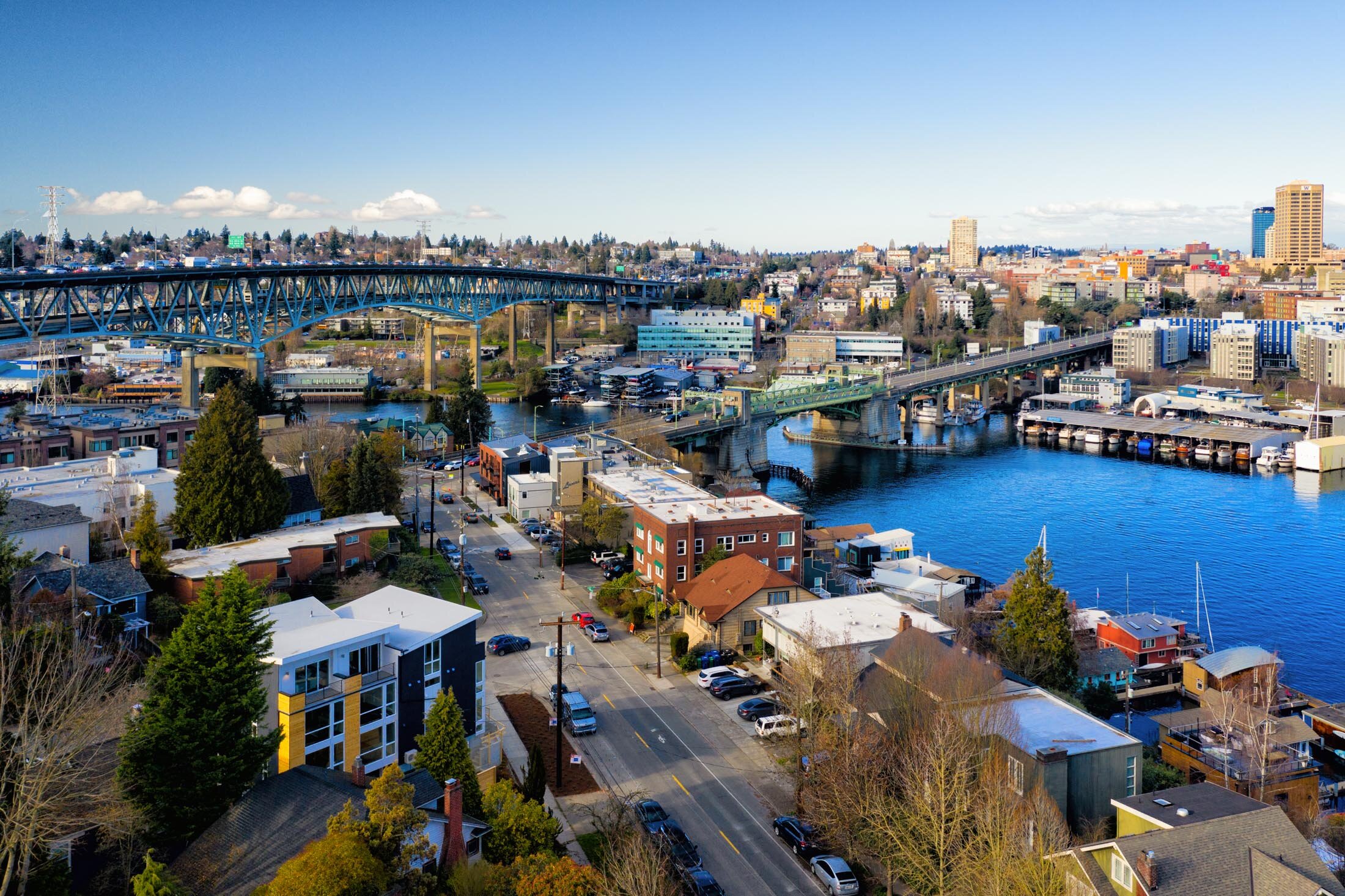Perspective
We believe in a future where good homes are affordable, and our communities are vibrant and resilient.
As I sit down to type this, markets continue to gyrate and the outlook continues to change. Over the last few weeks, we have all received a flood of COVID-19-related emails and notifications. Throughout the world communities and companies are in crisis management, borders are closing, schools are closing, governments are offering assistance to keep communities safe. Simultaneously, oil prices have collapsed due to a price war within OPEC. It has been hard to find a moment of lasting calm within the news cycle to capture perspective and come to terms with what the virus and the deeper social and psychological infection caused by the pandemic actually mean for all of us.
From my vantage point at Green Canopy, three questions come to mind.
1) What are the underlying positive facts?
2) How is Green Canopy responding in the short-term?
3) What does the longer-term outlook hold?
The Silver Facts.
While the future outlook is uncertain, our past gives us some positive indications. There are silver linings within every storm. Real estate is not the cause, nor is it central to the recession like it was in 2008. There is significantly more equity in housing at this time than in 2008. Many corporations and venture capital firms are flush with cash. Monetary policy from the Federal Reserve has been swift and focused on propping up real estate as much as possible through low cost debt and quantitative easing. The President and Congress are working together to quickly craft a major stimulus package that would see government spending increase substantially. People are coming together and beginning to reimagine what a more resilient and vibrant future for our country and local communities will look like. Our desire for connection, love, and belonging is felt more during prolonged isolation and crisis. As we cross the threshold of equinox into spring and slowly emerge to the other side of this pandemic, greater empathy and stronger community connections will be possible.
What is Green Canopy doing in the short-term?
First, the Company is adhering to all applicable government recommendations and requiring our office team to work from home. Construction work on our projects continues unabated, with precautions, at this time. Green Canopy will continue to track local, state and federal requirements and recommendations that impact onsite inspections, permitting timelines, and employers. The Green Canopy Team is doing its part to keep the virus from spreading.
Second, many of our more than 100 investment partners have chosen to invest with us because of our dedicated and thorough attention to risk management. The Company and its principals also invest significant capital alongside of our investors and provide personal and corporate guarantees to ensure that we are aligned in all that we do. Green Canopy was founded in the middle of the last recession and we know that proactive risk management practices are key to protecting and growing capital in times of uncertainty. We believe the choices we’ve made, such as investing in urban walkable locations, using low leverage, focusing on deep green, quality, and highly differentiated assets, and buying right, will pay off if fundamentals deteriorate during a recession. And then Amazon goes out to hire another 100,000 employees. While anything can happen in the region, real estate seems positioned to perform better than most other sectors given our regional need for housing is poised to increase. That said, Green Canopy is temporarily pausing on acquisitions and re-negotiating with sellers of properties in the pipeline.
Third, we will continue to raise as much capital in the Cedar Fund as possible in the months ahead so we can play offense when the time is right. The Cedar Fund was deliberately structured to be a resilient real estate fund capable of generating income regardless of the cycle. Our goal is to be positioned to take advantage of a new pricing environment so that we can deliver even more affordable, deep green, quality product while earning solid returns for investors. We believe there will be a return to a more value-oriented environment, but this won’t look anything close to 2008 given that both debt and equity players have been behaving reasonably responsible for the last decade. Given the need for housing, coupled with low interest rates, project starts occurring now or in the near future look well positioned for the cycle and should perform well once the short-term pause in regional economic activity runs its course.
What are the potential longer-term implications?
I expect we will see a dramatic increase in the need for affordable housing in walkable, urban markets. Windermere Real Estate’s Chief Economist, Matthew Gardner, produced a video last week with his view on the potential impact to the Seattle-area housing market. His opinion is that the market fundamentals of the region are sound, but the virus is likely to cause a slowdown in the next few months as many buyers choose to wait. However, based on the fundamentals, he expects the market to have a strong turn around once the virus concerns are effectively addressed.
Mr. Gardner’s view is encouraging for the mid-to-long-term outlook. However, no one, including Mr. Gardner, has experienced anything like this before. So, while his accent resounds with authority when he asserts the fundamentals may remain in place, as noted above, Green Canopy is actively preparing for a change to the fundamentals.
One change I anticipate is greater public- private partnerships; increased collaboration to deliver housing at the intersection of sustainability and affordability. The team at Green Canopy created a Theory of Change a few years ago and it continues to motivate and keep our work aligned. We believe in a future where net zero energy homes are the norm, that these homes are affordable, our wildlands are preserved, our communities are vibrant and resilient, and impact investors earn profits.
This moment offers our society the gift of transformation to a more equitable, sustainable and just society. Rather than fear the coming disruption, perhaps take heart in knowing that we are a community first and foremost and that collectively we can create massive and positive change in behavior when motivated to do so.
Finally, I would like to encourage all of you to join me in demonstrating kindness in all things during this time and to take two quick steps:
1. Ask the federal government to support measures for homelessness and housing in the upcoming emergency supplemental spending COVID-19 bill. As of now, there are no provisions to support people experiencing homelessness.
2. Sign on to the letter requesting an urgent, direct focus on people experiencing or at-risk of homelessness in the statewide COVID-19 response.
In Community,
Aaron Fairchild



